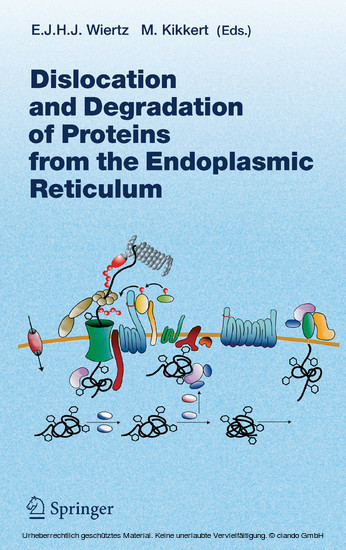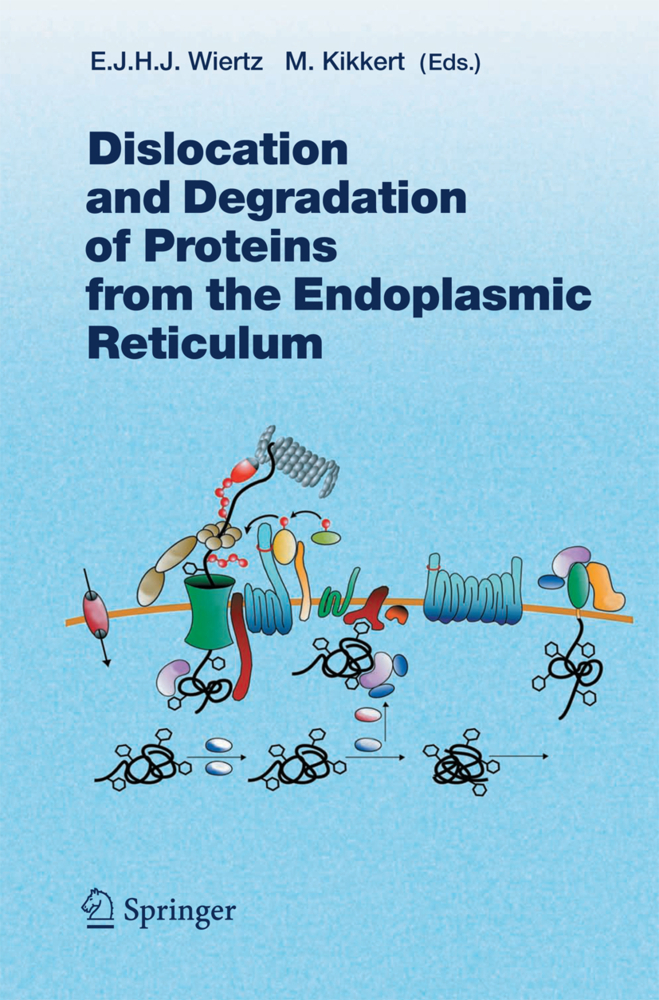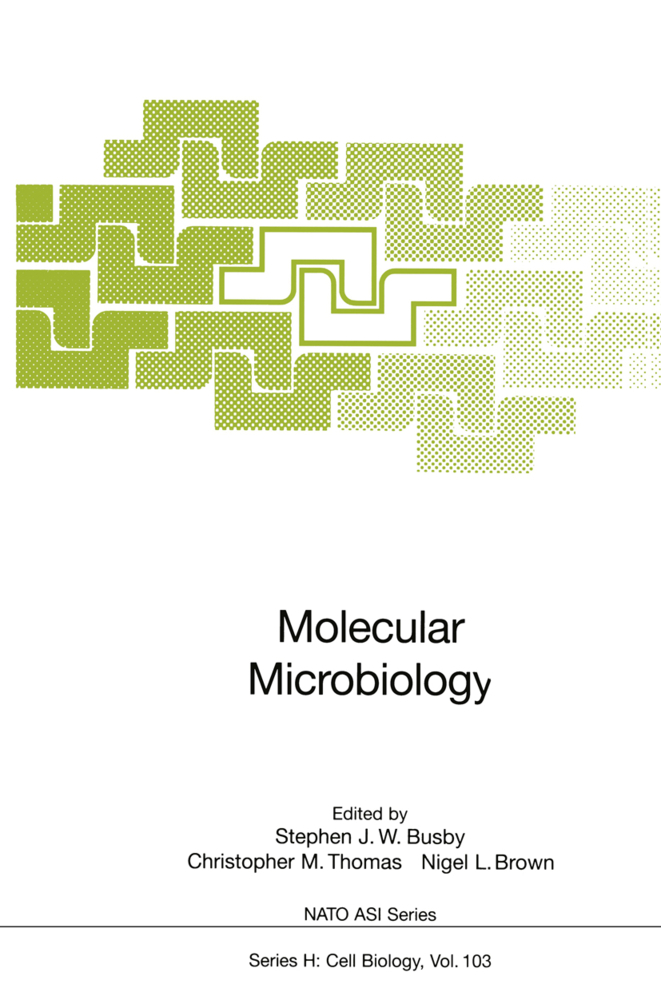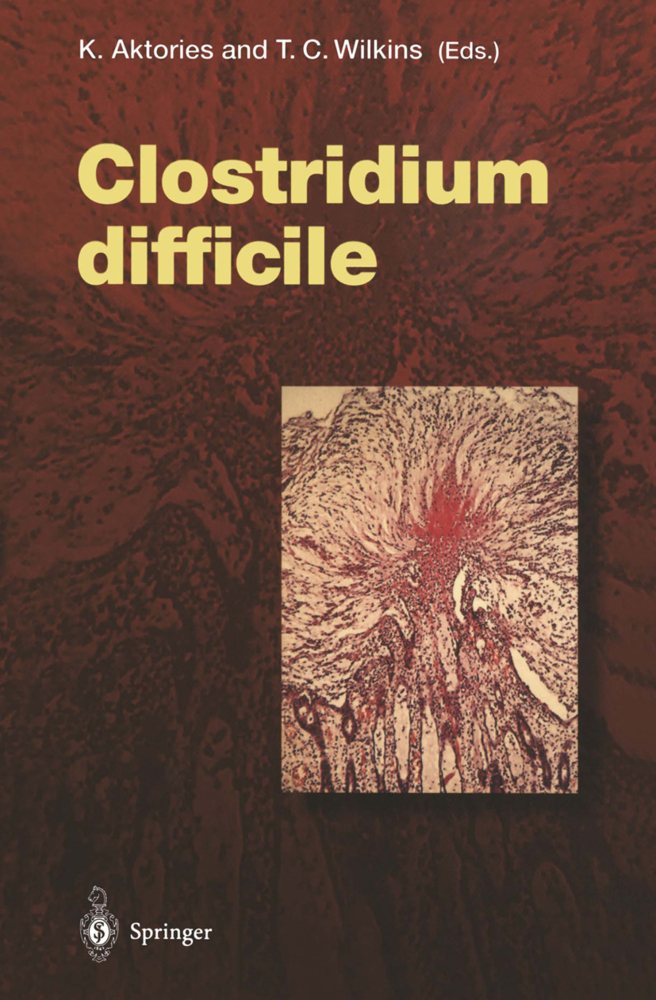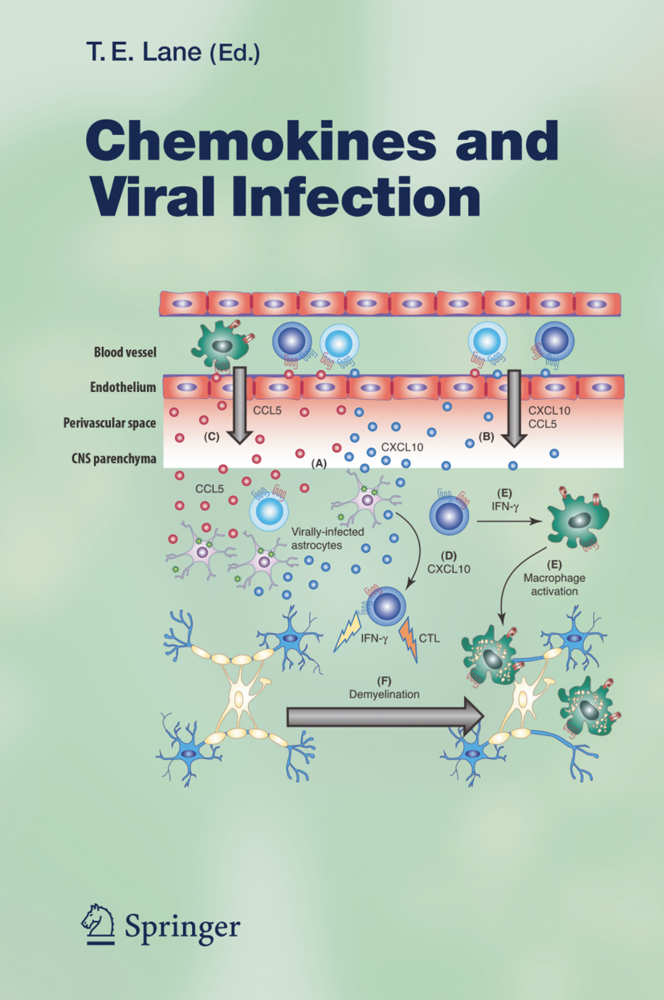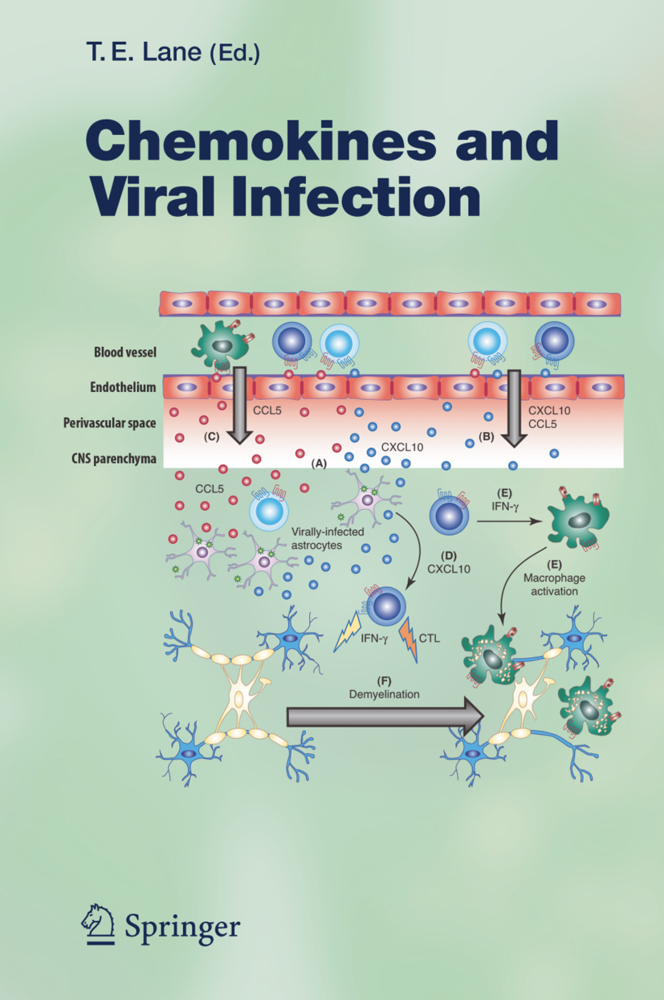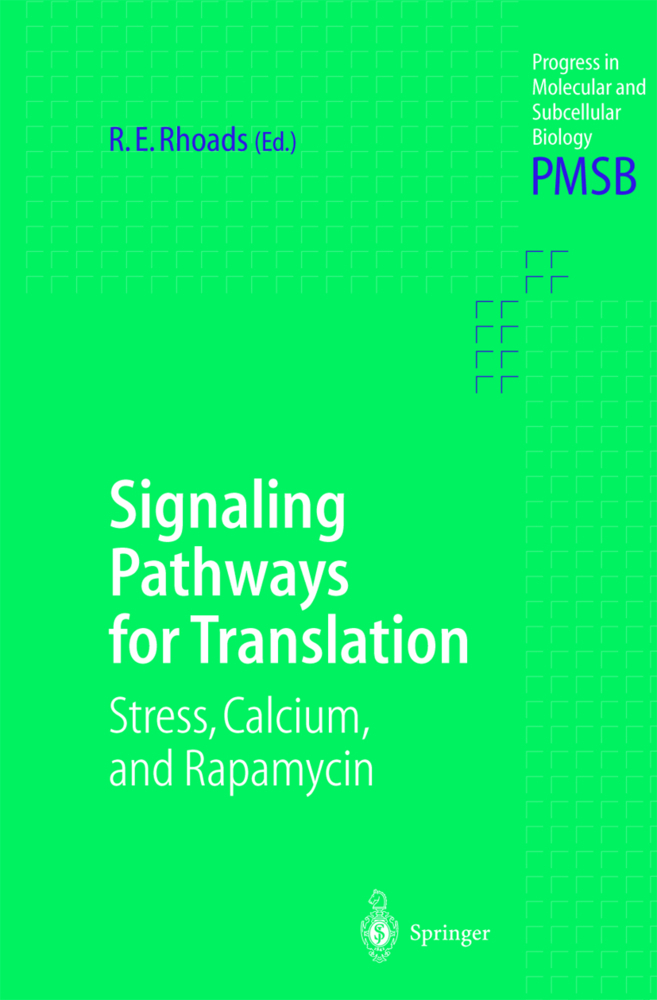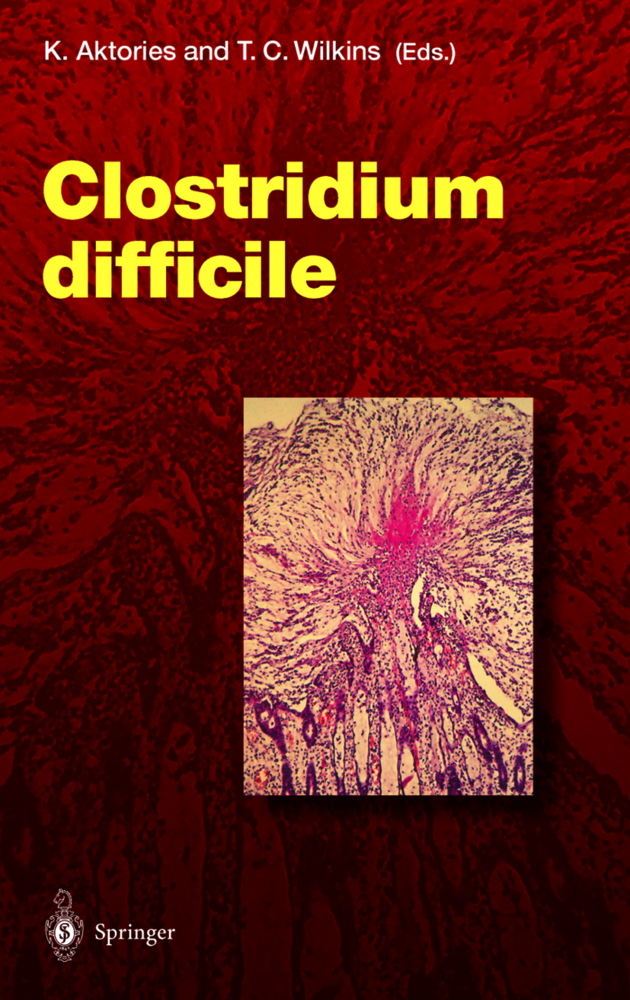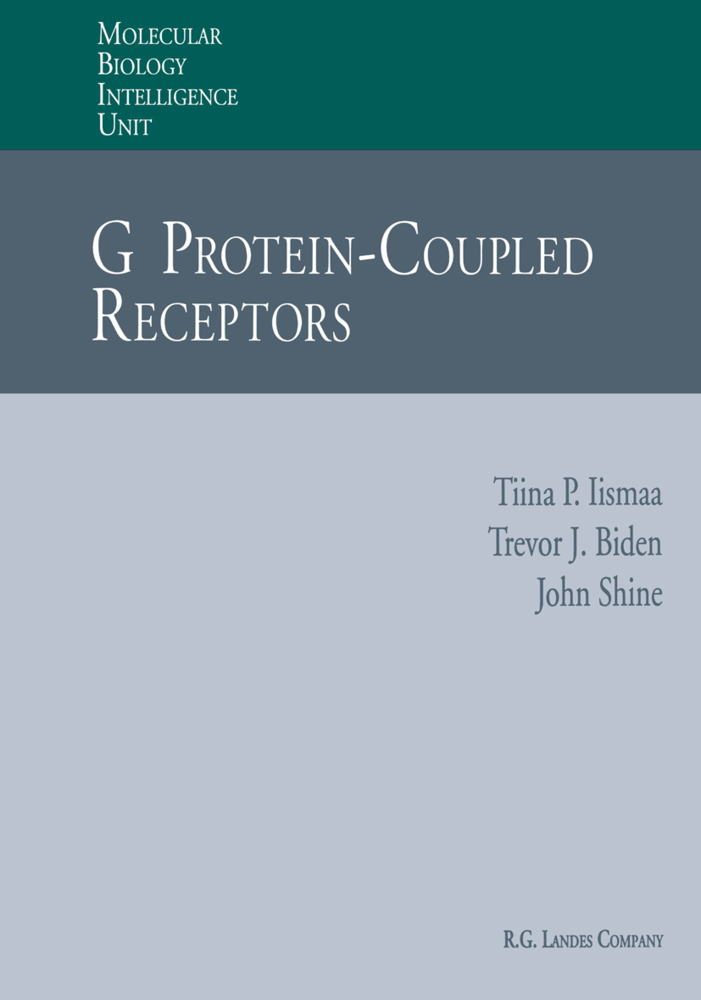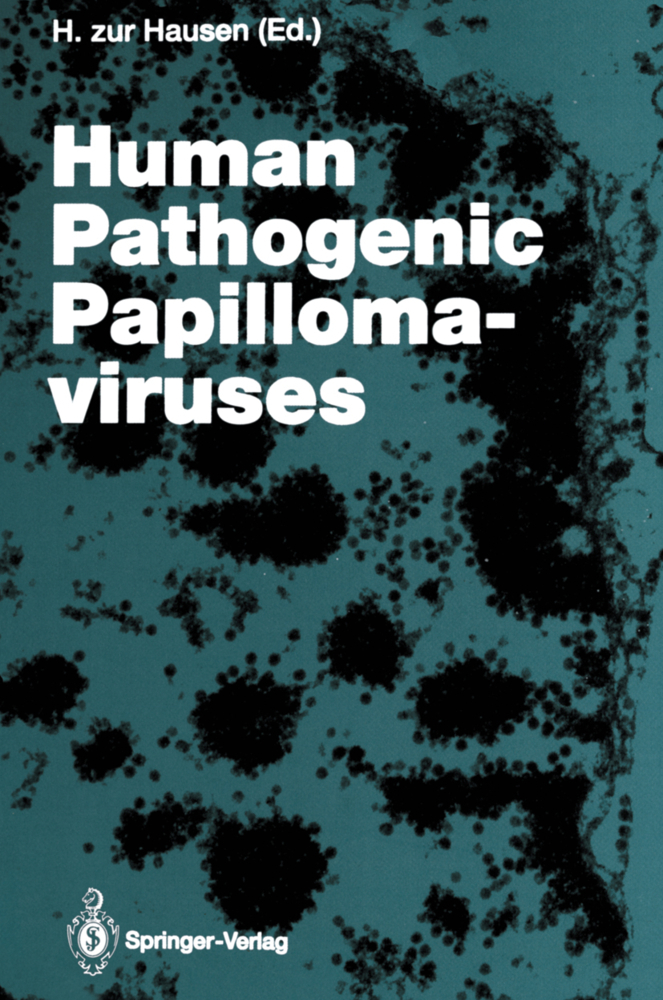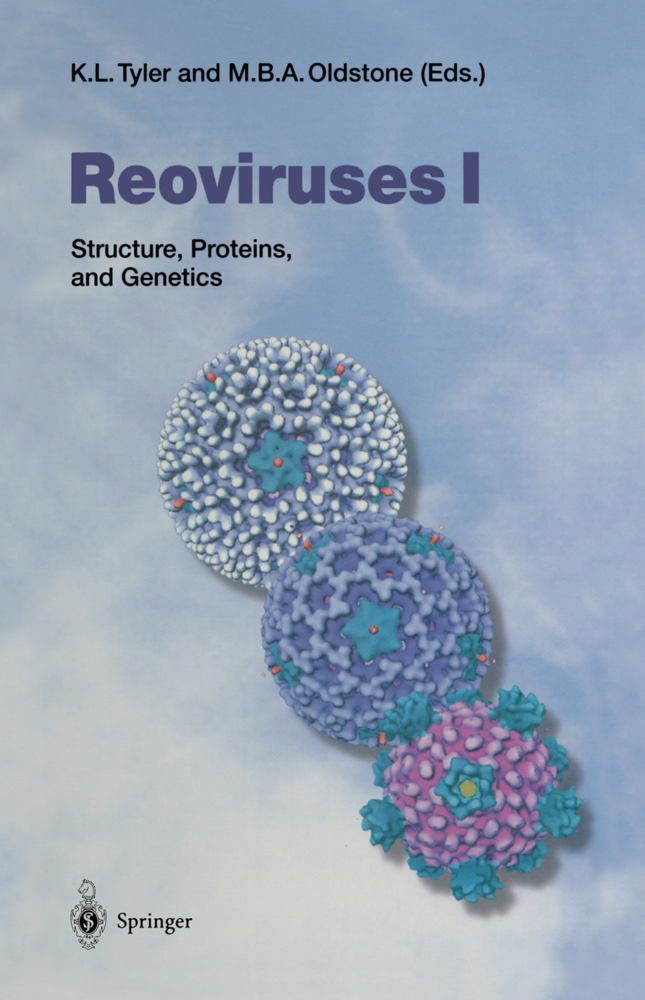Dislocation and Degradation of Proteins from the Endoplasmic Reticulum
The present volume of Current Topics in Microbiology and Immunology contains seven chapters that illuminate various aspects of a protein's genesis and terminal fate in the endoplasmic reticulum (ER). This area is of immediate medical relevance since the malfunctioning of proper quality control during protein synthesis, and the lack of sufficient degradation of improper proteins from the ER forms the basis of many human diseases. The study of viruses and bacteria has significantly contributed to the understanding of the processes going on at the ER membrane, which is illustrated in several chapters of the volume. The field of protein degradation from the ER touches upon many other fields of cell biology, such as immunology, pathology, microbiology, and embryology.
Recognition and delivery of ERAD substrates to the proteasome, and alternative paths for cell survival
CPY and the power of yeast genetics in the elucidation of quality control and associated protein degradation of the endoplasmic reticulum
The role of the ubiquitination machinery in dislocation and degradation of endoplasmic reticulum proteins
The role of p97/Cdc48p in ERAD: From the immune system to yeast
The ins and outs of intracellular peptides and antigen presentation by MHC class I molecules
Entry of protein toxins into mammalian cells by crossing the ER membrane: co-opting basic mechanisms of ERAD
Subject index.
Preface
The secretory capacity of a cell depends on the efficiency of endoplasmic reticulum associated degradationRecognition and delivery of ERAD substrates to the proteasome, and alternative paths for cell survival
CPY and the power of yeast genetics in the elucidation of quality control and associated protein degradation of the endoplasmic reticulum
The role of the ubiquitination machinery in dislocation and degradation of endoplasmic reticulum proteins
The role of p97/Cdc48p in ERAD: From the immune system to yeast
The ins and outs of intracellular peptides and antigen presentation by MHC class I molecules
Entry of protein toxins into mammalian cells by crossing the ER membrane: co-opting basic mechanisms of ERAD
Subject index.
Wiertz, Emmanuel J. H. J.
Kikkert, Marjolein
| ISBN | 9783540280071 |
|---|---|
| Article number | 9783540280071 |
| Media type | eBook - PDF |
| Edition number | 2. Aufl. |
| Copyright year | 2006 |
| Publisher | Springer-Verlag |
| Length | 174 pages |
| Language | English |
| Copy protection | Digital watermarking |

